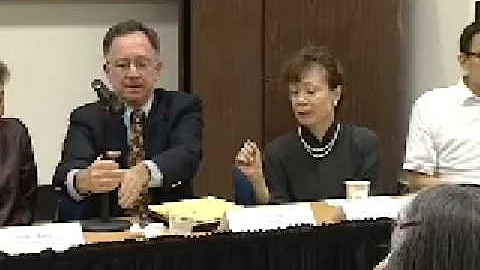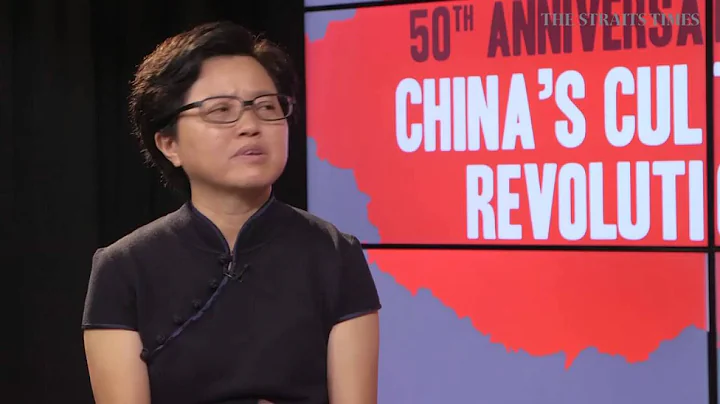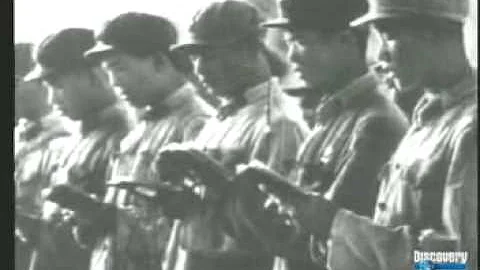During the ten-year special period from 1966 to 1976, as Shanghai established a revolutionary committee, provinces and cities across the country followed suit and established revolutionary committees. At that time, the Revolutionary Committee was the highest authority in the local area. For example, the Sichuan Provincial Revolutionary Committee, referred to as the Sichuan Provincial Revolutionary Committee, was officially established on May 31, 1968. It is the highest authority in Sichuan.

After the establishment of the Sichuan Provincial Revolutionary Committee, Zhang Guohua served as the director of the Revolutionary Committee, and Li Dazhang, Liang Xingchu, Liu Jieting and others served as deputy directors of the Revolutionary Committee. It is worth mentioning that in the Sichuan Provincial Revolutionary Committee, there is a couple who also serve as deputy directors of the Revolutionary Committee. The husband is Liu Jieting and the wife is Zhang Xiting. Today we will tell the story of Zhang Xiting.

Zhang Xiting was born in 1926 in Xixian County, Henan Province. In his early years, Zhang Xiting mainly studied in his hometown. However, the outbreak of the Anti-Japanese War made it impossible for Zhang Xiting to study quietly, and there was no room for a quiet desk in North China. Against this background, in 1940, Zhang Xiting devoted himself to revolutionary activities and entered the Henan-Anhui-Jiangsu Border Region Joint Middle School. After graduation, Zhang Xiting joined the Henan-Anhui-Jiangsu Border Region Theater Troupe and soon entered the Fourth Branch of the Anti-Japanese Military and Political University. During that period, Zhang Xiting was active in the Jiangsu-Anhui border area for a long time, did a lot of anti-Japanese propaganda work, and witnessed the surrender of the Japanese invaders under the leadership of our party.

During the War of Liberation, Zhang Xiting was assigned to work in Taikang County, Henan Province, and participated in leading women's work and revolutionary propaganda in Taikang County. During actual work, Zhang Xiting was arrested by the Kuomintang reactionaries and imprisoned. After being imprisoned, Zhang Xiting surrendered and rebelled, was released by the Kuomintang, and returned to his hometown of Xixian County. In 1948, when Xixian County was liberated, Zhang Xiting concealed his experience of rebellion, found the organization again, and restored his party membership.

After the founding of New China, Zhang Xiting followed the 18th Army into the southwest. After the liberation of the southwest, Zhang Xiting stayed there and served as the director of the Yibin Prefectural Committee Office. It is worth mentioning that Zhang Xiting’s husband Liu Jieting also works at Yibin and serves as the secretary of the Yibin Prefectural Committee. Because both husband and wife held important positions in Yibin, they gradually lost themselves, framed a large number of revolutionary cadres, and did many bad things.
In 1963, Zhang Xiting and his wife were dismissed from their positions at the same time, and continued to be reviewed by relevant departments. In 1965, Zhang Xiting and her husband were expelled from the party. It stands to reason that Zhang Xiting and her husband would hardly enter politics in the second half of their lives. However, in 1966, the outbreak of the ten-year special period gave the couple another chance.

After the ten-year special period began, Zhang Xiting and her husband actively participated in various sports and became "popular people" in Sichuan. Moreover, Zhang Xiting was indeed a capable person. In April 1967, she and her husband successfully restored their party membership. In May 1967, Zhang Xiting entered the preparatory group of the Sichuan Provincial Revolutionary Committee and participated in the preparation of the Sichuan Provincial Revolutionary Committee.
The Revolutionary Committee was the highest authority at the time. Taking the Sichuan Provincial Revolutionary Committee as an example, the director of the Revolutionary Committee was equivalent to the secretary of the provincial party committee and the governor of the province. In May 1968, the Sichuan Provincial Revolutionary Committee was formally established, and both Zhang Xiting and her husband served as deputy directors of the Revolutionary Committee. It is worth mentioning that Zhang Xiting has not changed even after taking an important position this time. She and her husband continued to persecute revolutionary cadres in Sichuan and did a lot of bad things. Especially during the "military struggle" in Sichuan, Zhang Xiting and her husband repeatedly challenged A "violent fight" started, causing harm to a large number of people.

In 1970, Zhang Xiting was suspended from his post and under review. In 1971, Zhang Xiting was dismissed from all positions, and soon after, she and her husband were expelled from the party. In the 1980s, relevant departments announced the conclusion of the review of Zhang Xiting: Zhang Xiting was sentenced to and 17 years in prison. After that, Zhang Xiting served his sentence in prison and was paroled for medical treatment in May 1993. In July 1993, Zhang Xiting died of illness in Chengdu at the age of 67.





















